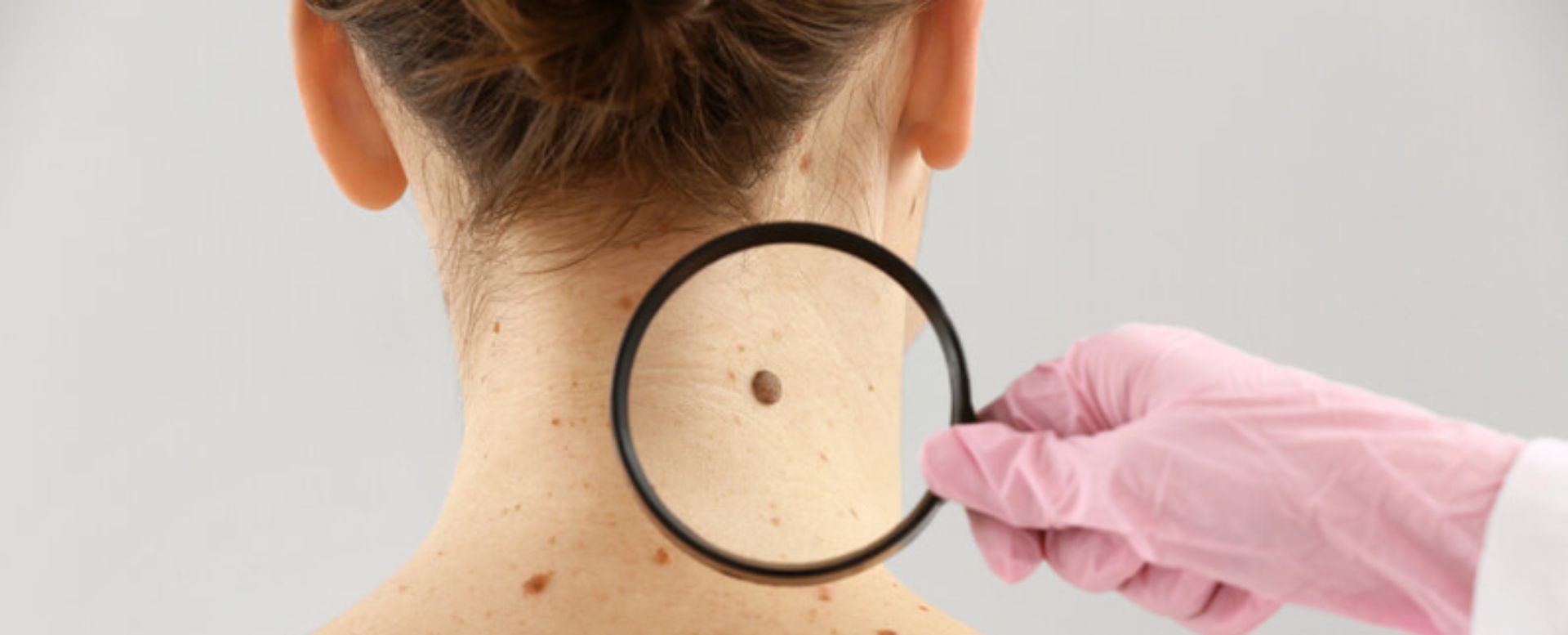Skin cancer is one of the most common types of cancer, with millions of cases diagnosed globally each year. While some skin cancers are easily treatable when detected early, others can be more aggressive and challenging to manage.
Professional skin cancer screening plays a crucial role in early detection, allowing for prompt intervention and improved outcomes.
The Basics of Skin Cancer Screening
Skin cancer screening is a preventive measure designed to identify abnormal changes in the skin that may indicate the presence of cancerous cells. It is typically performed by dermatologists, who are medical professionals specializing in the diagnosis and treatment of skin conditions, including various forms of skin cancer.
1. Appointment Scheduling
The first step in the skin cancer screening process is scheduling an appointment with a dermatologist. Many healthcare providers offer skin cancer screening services, and it’s essential to choose a qualified professional or a specialized clinic for this purpose.
2. Patient History and Examination
During the appointment, the dermatologist will take a detailed medical history, focusing on any previous skin conditions, family history of skin cancer, and personal risk factors such as sun exposure and tanning habits.
3. Visual Inspection
The dermatologist checks will involve a thorough visual inspection of the skin. This involves examining moles, birthmarks, and other skin lesions for any signs of irregularities such as changes in size, shape, color, or texture.
4. Full-Body Examination
A complete skin cancer screening involves a head-to-toe examination. Patients may be asked to undress completely or wear a gown to allow the dermatologist to inspect all areas of the skin, including those that are typically covered by clothing.
5. Biopsy, if Necessary
If the dermatologist identifies any suspicious lesions during the examination, a biopsy may be recommended. A biopsy involves removing a small sample of the tissue for laboratory analysis.
The Importance of Early Detection
Early detection of skin cancer is crucial for successful treatment outcomes. Here’s why:
1. Increased Treatment Options
Detecting skin cancer in its early stages provides patients with a broader range of treatment options. In many cases, early-stage skin cancers can be treated with less invasive procedures, reducing the need for extensive surgery or aggressive interventions.
2. Improved Survival Rates
Skin cancers that are diagnosed and treated at an early stage generally have higher survival rates. Regular skin cancer screening allows for the identification of abnormalities before they progress to more advanced and potentially life-threatening stages.
3. Reduced Treatment Complexity and Costs
Early detection not only simplifies treatment but also reduces the complexity and costs associated with managing advanced-stage skin cancers. Timely intervention can prevent the need for extensive surgeries, radiation therapy, or systemic treatments.
4. Prevention of Metastasis
Skin cancers that advance beyond the initial site can metastasize to other parts of the body, making treatment more challenging. Early detection helps prevent the spread of cancer cells, improving overall prognosis and reducing the risk of complications.
Conclusion
Professional skin cancer screening is a straightforward yet invaluable tool in the early detection of skin cancers. By understanding the process and regularly seeking the expertise of dermatologists, individuals can actively contribute to their overall health and well-being. Early detection not only increases treatment options but also significantly improves the chances of successful outcomes in the management of skin cancer.




